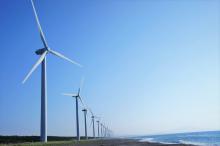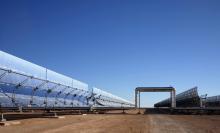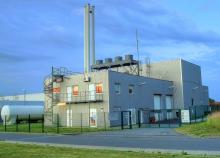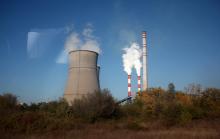Contract Management in Asset Recycling
Asset recycling transactions involving a long-term concession or lease of an asset to a private partner constitute a long-term commitment by the private sector to operate and maintain, and sometimes redevelop and/or expand, a Relevant Authority's existing infrastructure project to deliver services to the public or the Relevant Authority. These activities are governed by the project agreements.
Climate-resilient PPP: where are we?
Leveraging PPPs to tackle climate change – A new resource
The power of sunlight: incentivizing private investment in solar PV
Investing in a brighter future: PPP street lighting projects
Energy-Efficient Street Lighting PPPs
Agreements for Renewable Energy Projects: Power Purchase Agreements
A Power Purchase Agreement (PPA) specifies the contract between two parties: a) the seller, who generates electricity,and; b) the buyer, who is looking to buy electricity. It defines all the terms for the sale between the two. A PPA secures the payment stream for a Build-Own Transfer (BOT) or concession project for an independent power plant (IPP). It is between the purchaser (often a state-owned electricity utility) and a privately owned power producer.








